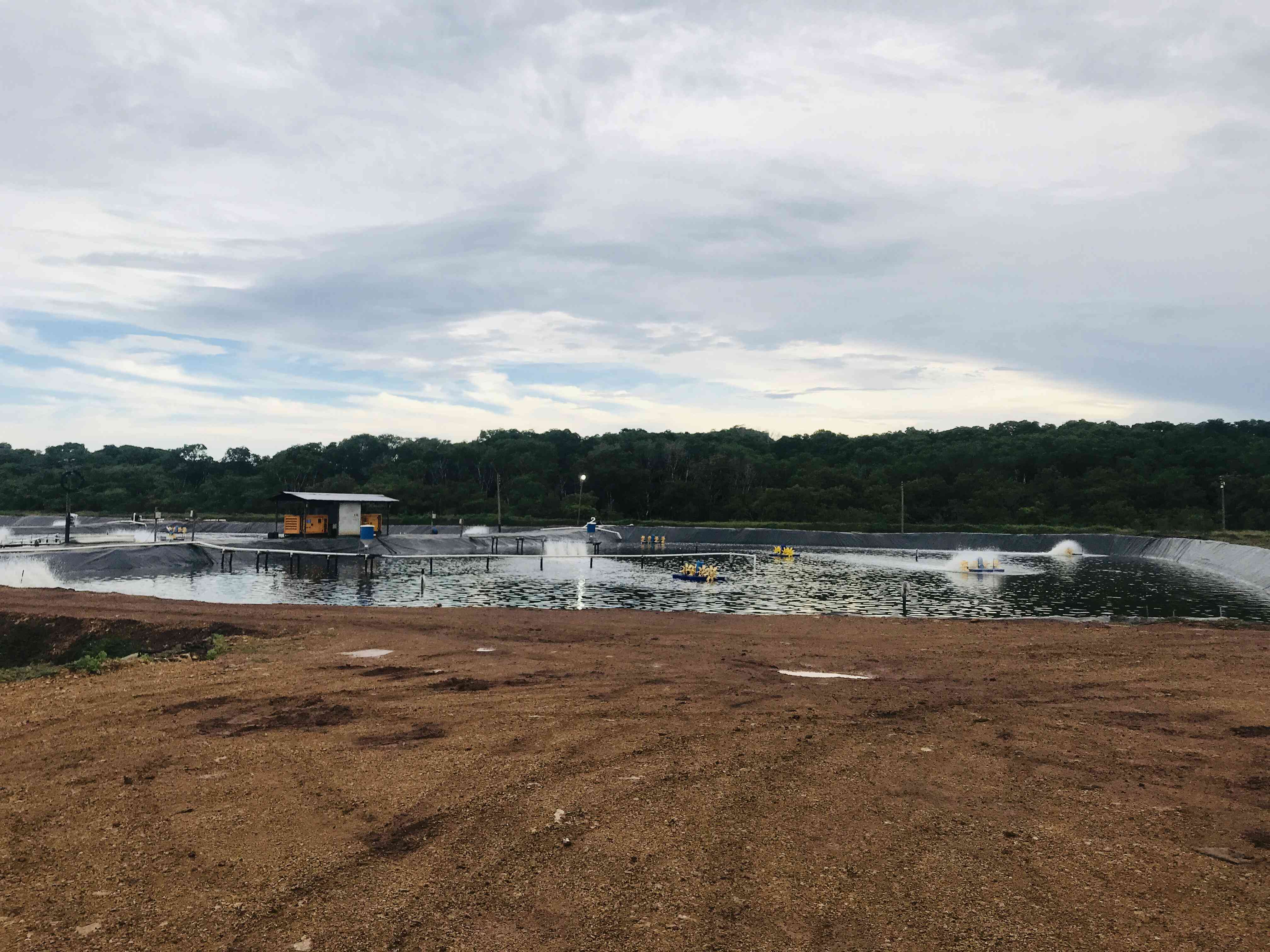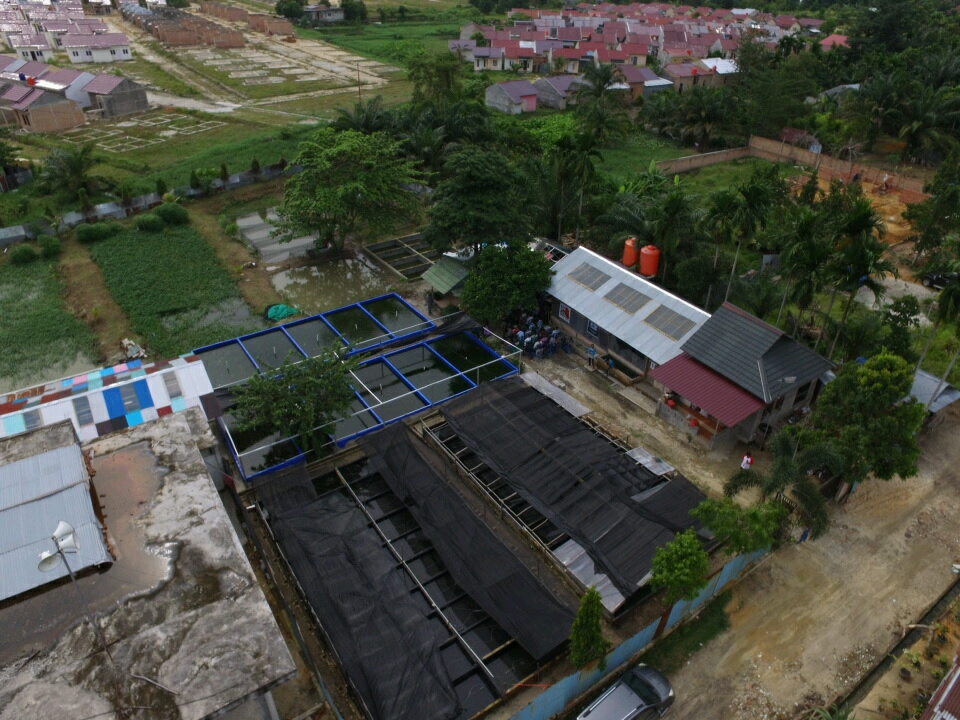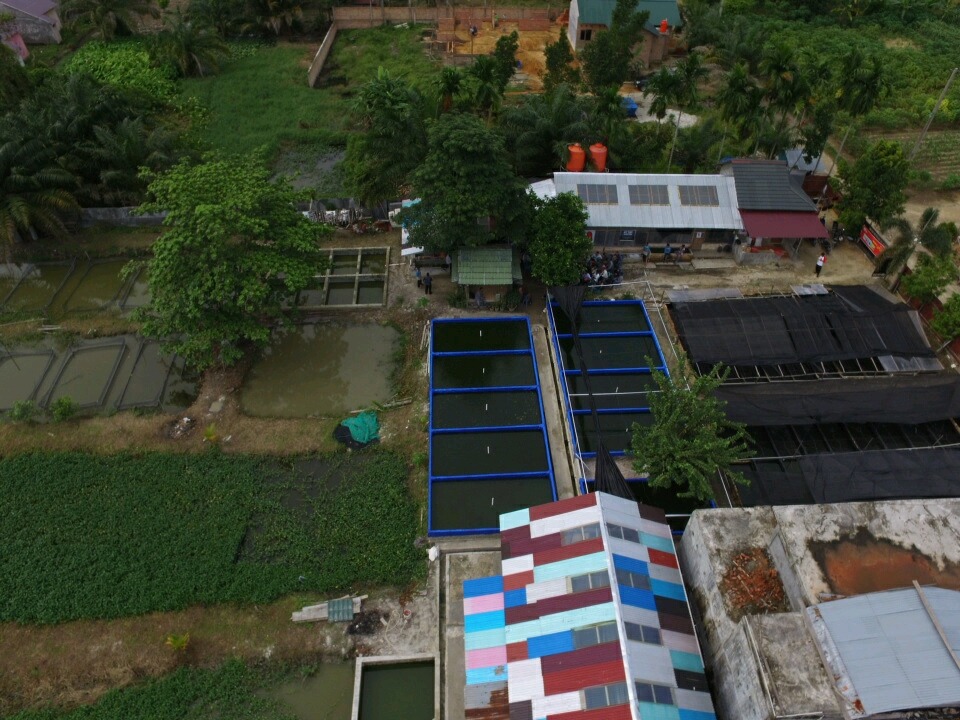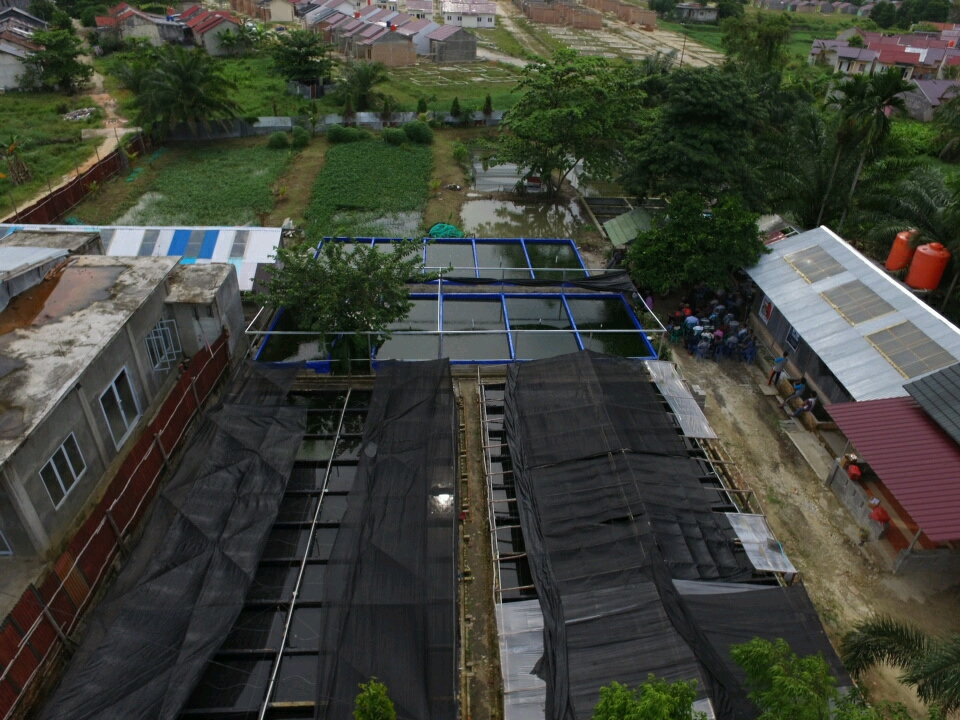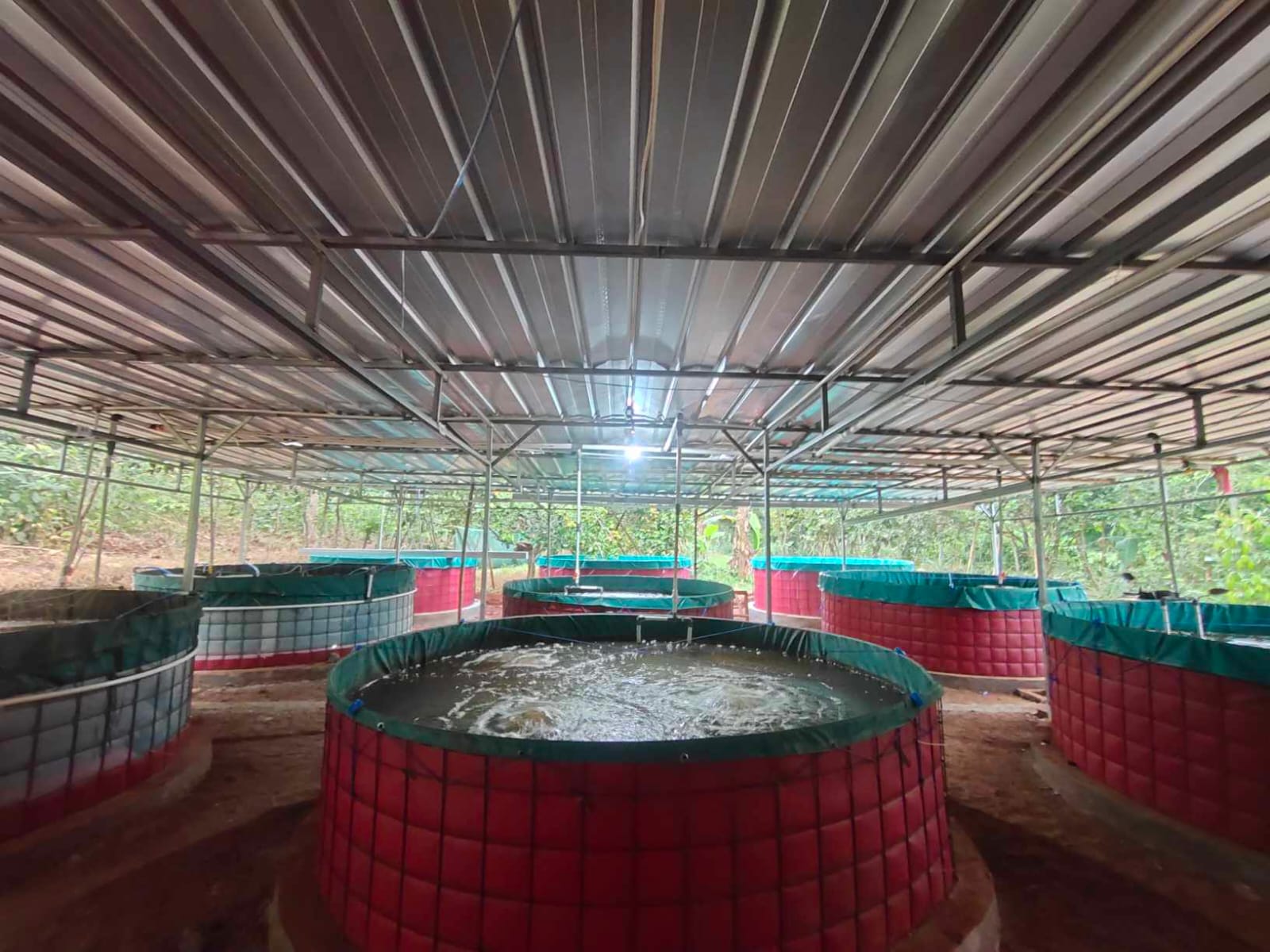Transforming shrimp farming with the latest technology: Recirculating Aquaculture System (RAS)


Image Source : FisTx (partner of Banglele Indonesia)
Shrimp cultivation in Indonesia is now facing an era of technological revolution with the introduction of the latest cultivation system using the Recirculating Aquaculture System (RAS). FisTx, one of the aquaculture technology startups that has brought this innovative technology to Indonesia, has changed the paradigm of farmers in supporting the productivity and sustainability of shrimp cultivation.
Through RAS, farmers can utilize water efficiently and reduce the use of chemicals that have the potential to damage the environment. This system allows pool water to be filtered continuously without having to replace it regularly, keeping the water quality optimal at all times. Apart from that, the use of RAS technology also minimizes the risk of shrimp dying prematurely, which is often a major problem in shrimp farming.
By adopting RAS technology, farmers not only gain economic benefits from increasing crop yields, but also maintain the sustainability of the environment around the pond. This is in line with global efforts to promote environmentally friendly and sustainable cultivation. Thus, the introduction of RAS by FisTx is not only an important milestone in the Indonesian aquaculture industry, but also a significant step towards more efficient and environmentally responsible shrimp farming.
Paradigm change in shrimp farming
As a country with a rapidly developing fishing industry, Indonesia has great potential in shrimp cultivation. However, challenges such as pond management, operations, construction and nature often become obstacles in achieving optimal productivity. Various risks such as premature death of shrimp and excessive use of chemicals have become problems that affect the efficiency and sustainability of this industry.
FisTx comes with a revolutionary solution through the introduction of RAS technology. This concept, which is similar to aquarium management, allows farmers to use water sustainably without having to replace it regularly. Pool water is not thrown away, but is filtered continuously through a filtration system developed by FisTx. This not only maintains optimal water quality, but also saves water usage and water replacement costs significantly.
The use of RAS technology has a positive impact in responding to the challenges faced by shrimp farmers. By minimizing the use of chemicals and maximizing the use of water, this technology not only increases the operational efficiency of farmers, but also keeps the environment around the pond healthy. As a result, the shrimp farming industry in Indonesia can face a brighter future, with higher productivity and less environmental impact.
Round pool with RAS technology by FisTx
Advantages of RAS technology
One of the main advantages of RAS technology is its sustainability. By using this system, cultivators can reduce the use of chemicals such as chlorine by up to 30 percent. This is not only beneficial from an environmental perspective, but also economically reduces overall production costs. Reducing the use of these chemicals not only helps maintain the health of the environment around the pond, but also has a positive impact on the health of the shrimp being farmed.
In addition, pond productivity increases with increasing shrimp growth rates, which can reach an average of 20 percent, and feed efficiency increases up to 23.5 percent. With these improvements, cultivators can achieve greater yields in the same time period, increasing their income significantly. Thus, RAS technology not only provides environmental benefits, but also has a positive economic impact for shrimp farmers.
Another benefit obtained from using RAS technology is minimizing the problem of premature shrimp death, which is often a serious problem for farmers. With a more controlled system and a more stable environment, farmers can reduce the risks associated with the environmental conditions of the pond. This not only increases overall harvest yields, but also guarantees the health and quality of the shrimp produced. Thus, the use of RAS technology brings holistic benefits to shrimp farmers, both in terms of economics, the environment and the health of the shrimp itself.
Successful experience in the field
PT Nayottama Kelola Laut Indonesia (NKLI) is one example of the successful implementation of RAS technology from FisTx. Since using Aqua Input from FisTx in 2021, NKLI has recorded a significant increase in pond yields, almost three times the previous level. This step shows how effective the use of RAS technology is in increasing the productivity of shrimp farming, as well as confirming NKLI's position as a pioneer in implementing technological innovation in the aquaculture sector.
Rico Wibisono, COO FisTx, explained that RAS technology not only provides economic and environmental benefits, but has also been proven safe through system implementation.disinfection tight. By using Mobile Water Sterilizer technology which is equipped with UV and ozone technology, the use of chemicals can be reduced significantly. This is an important step towards cultivating shrimp that is more environmentally friendly and sustainable, as well as providing health guarantees for cultivated shrimp.
The official announcement of the use of RAS technology in their cultivation ponds in Tasikmalaya, West Java, marks an important step in the application of this technology in the field. This not only proves the successful implementation of RAS by NKLI, but also serves as an inspiration for other shrimp farmers to utilize innovative technology to increase harvest yields and the sustainability of their cultivation. Thus, NKLI's role in adopting RAS technology from FisTx is a reflection of the great potential of this technology in driving the progress of the aquaculture industry in Indonesia.













